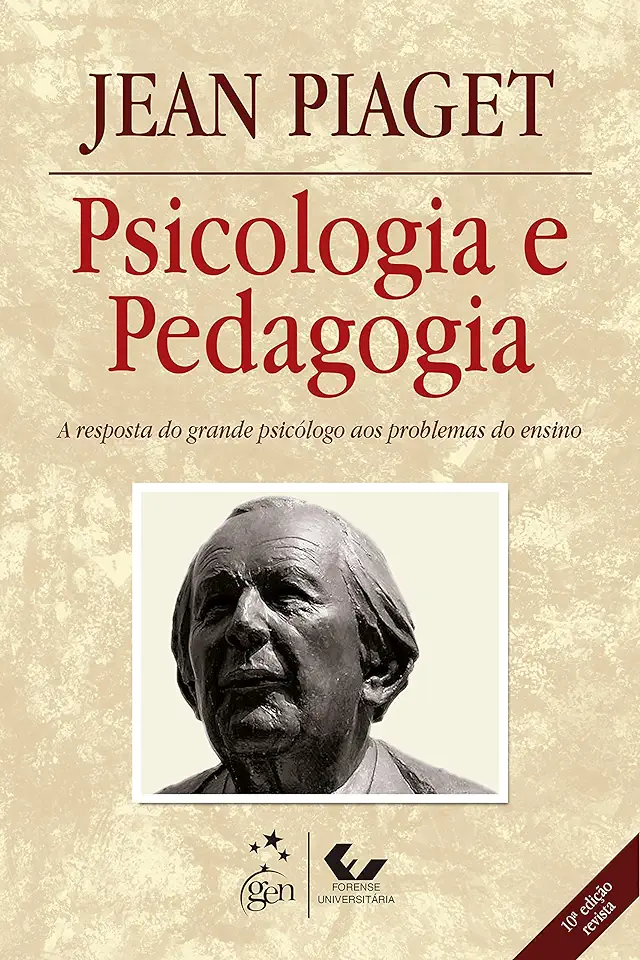
Psychology and Pedagogy - Jean Piaget
Psychology and Pedagogy: A Comprehensive Exploration of Learning and Teaching
Unraveling the Complexities of Human Learning
In his groundbreaking work, "Psychology and Pedagogy," Jean Piaget delves into the intricate relationship between psychology and education, shedding light on the cognitive processes that underpin learning and teaching. With a focus on the developmental stages of children, Piaget's theories have revolutionized our understanding of how individuals acquire knowledge and construct their understanding of the world.
Key Concepts and Theories
Piaget's theory of cognitive development is a cornerstone of his work. He posits that children progress through a series of distinct stages as they mature, each characterized by unique cognitive abilities and ways of thinking. These stages include:
Sensorimotor stage (birth to 2 years): Infants learn through sensory experiences and motor actions.
Preoperational stage (2 to 7 years): Children develop language skills and can represent objects mentally, but their thinking is still egocentric and lacks logical reasoning.
Concrete operational stage (7 to 11 years): Children become more logical and can think about concrete objects, but they still struggle with abstract concepts.
Formal operational stage (11 years and up): Adolescents and adults develop the ability to think abstractly, reason logically, and consider multiple perspectives.
Implications for Education
Piaget's theories have profound implications for education. By understanding the cognitive development of children, educators can tailor their teaching methods to match the students' developmental stage. This can enhance learning outcomes and foster a more effective and engaging educational experience.
Key Features of the Book
"Psychology and Pedagogy" offers a wealth of insights into the psychology of learning and teaching. Some of the key features of the book include:
In-depth analysis of Piaget's theory of cognitive development: Piaget's theories are thoroughly explained and supported by empirical evidence.
Exploration of the relationship between psychology and education: Piaget examines how psychological principles can be applied to improve teaching practices and promote effective learning.
Practical implications for educators: The book provides concrete strategies and techniques that educators can use to create developmentally appropriate learning environments and enhance student learning.
Engaging and accessible writing style: Piaget's writing is clear, concise, and engaging, making the book accessible to a wide range of readers.
Why You Should Read This Book
"Psychology and Pedagogy" is a must-read for anyone interested in understanding the psychology of learning and teaching. Whether you are an educator, a parent, or simply someone curious about human development, this book offers valuable insights and practical guidance. By delving into Piaget's theories, you will gain a deeper understanding of how children learn and how you can support their intellectual growth.
Conclusion
"Psychology and Pedagogy" is a seminal work that has shaped our understanding of learning and teaching. Piaget's theories provide a framework for educators to create effective learning environments that cater to the developmental needs of their students. By exploring the intricate relationship between psychology and education, this book offers a wealth of knowledge and practical strategies that can enhance the educational experience for both students and educators alike.